The Silent Strain of Supply Chain Inefficiency
Healthcare’s supply chain is one of the most complex in any industry.
Thousands of products, vendors, and purchasing systems must sync perfectly to ensure that clinicians always have what they need—when they need it.
But most hospitals still rely on manual tracking, reactive ordering, and disconnected systems.
The result: stockouts, waste, inflated costs, and staff frustration.
AI is changing that by giving hospitals real-time visibility, predictive forecasting, and automated control across the entire supply network.
1. Predict Demand Before Shortages Happen
Instead of waiting for low-stock alerts, AI uses historical usage patterns, seasonal trends, and patient volume forecasts to anticipate demand weeks in advance.
It can identify:
- Which departments will need replenishment
- Which supplies have unusual usage spikes
- When vendor lead times threaten availability
That means hospitals can order proactively—avoiding emergency shipments, canceled procedures, and wasteful overstocking.
Predictive planning turns supply chain management from reactive firefighting into strategic foresight.
2. Automate Inventory Tracking and Ordering
Manual inventory counts are time-consuming and error-prone.
AI-enabled systems connect directly with supply closets, barcodes, and procurement software to track real-time inventory levels automatically.
When stock reaches a defined threshold, AI triggers replenishment requests, validates vendor pricing, and generates purchase orders—all without manual intervention.
The result:
- Continuous inventory accuracy
- Lower labor costs
- Reliable product availability for clinical teams
Automation frees supply managers to focus on optimization—not spreadsheets.
3. Optimize Vendor and Contract Performance
Hospitals often juggle dozens of vendor contracts with varying terms, prices, and service levels.
AI can analyze purchasing data across time to identify which vendors consistently deliver value and which drive up cost or delay.
It can also benchmark contract terms against market averages to flag overpriced items or redundant suppliers.
That intelligence helps finance and supply chain leaders negotiate smarter, consolidate vendors, and standardize purchasing—all while maintaining compliance.
4. Prevent Waste and Expired Inventory
Overordering is as costly as understocking.
AI can track product lifecycles and expiration dates, automatically rotating older stock forward or redistributing excess supplies to departments that need them most.
By maintaining optimal stock levels and minimizing waste, hospitals reduce both cost and environmental impact.
Efficiency becomes sustainability.
5. Connect Supply Chain to Clinical Readiness
AI’s biggest advantage is integration.
By linking inventory management with EHR and surgical scheduling systems, hospitals can align supply availability with patient demand in real time.
That ensures:
- Surgical kits are prepared ahead of schedule
- Critical care units never run out of key medications or equipment
- Pharmacy and materials management stay synchronized
The connection between logistics and care delivery finally becomes seamless.
Why Health Systems Choose Honey Health to Modernize Supply Chain Management
Honey Health helps hospitals transform supply chain management from a manual cost driver into a predictive, automated engine of efficiency.
Its AI platform integrates procurement, inventory, and EHR systems—providing real-time visibility, forecasting, and control.
Key advantages include:
- Predictive Demand Forecasting: Prevents shortages before they occur.
- Automated Reordering: Keeps inventory accurate and up to date.
- Vendor Optimization: Tracks contract performance and pricing trends.
- Waste Reduction: Manages expiration and rotation automatically.
- EHR Integration: Aligns supplies directly with patient care needs.
With Honey Health, hospitals can run supply operations as efficiently as they deliver care.
Operational Intelligence Is Clinical Readiness
Every delay in supply delivery ripples through the entire care chain.
AI turns that fragility into foresight—ensuring resources are always where they’re needed most.
By transforming supply management into a real-time, data-driven process, hospitals gain not just efficiency, but confidence.
Because in healthcare, every stocked shelf represents more than inventory—it represents readiness to save a life.
And with automation, that readiness becomes reliable.

